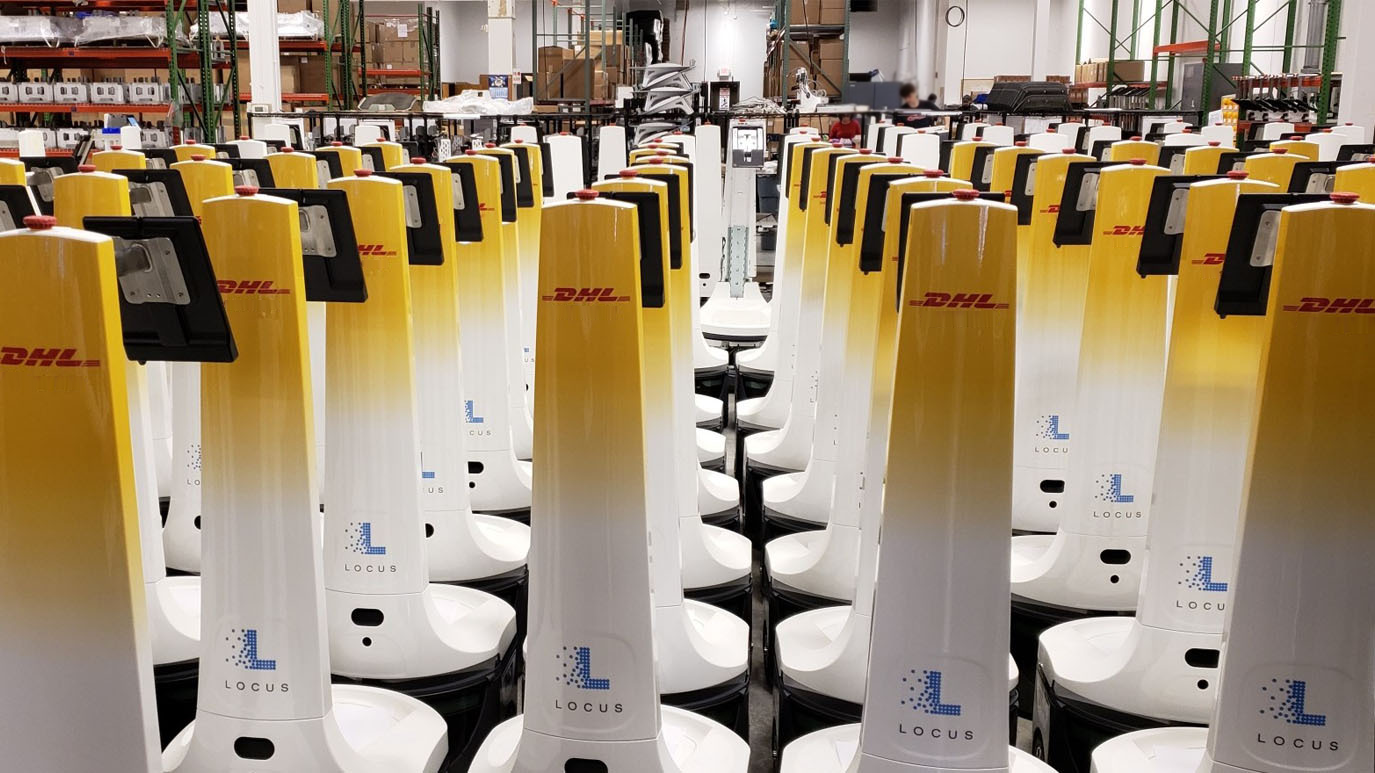Libiao Robotics, a pioneer in automated warehouse storage systems, has celebrated a significant landmark in its history with the official opening of its US office in Hillsborough, New Jersey.
The 800 sq m (c.8,500 sq ft) facility has been designed both to service Libiao’s growing US customer base, and to showcase its technologies in a state-of-the art demo area. The premises are strategically located within the New York Metropolitan Area, where there is a concentration of warehousing serving the needs of the region’s c. 20 million consumers. Libiao’s dense automated storage systems help businesses to maximise the capacity of their warehouse space, a considerable benefit in an area where high per-square-foot rents are a significant fiscal challenge.
A special opening ceremony was held on 23rd September to inaugurate the building. Hosted by Libiao Robotics’ founder and CEO, Ms Xia Huiling, it was attended by guests of honour the Mayor of Hillsborough John J. Ciccarelli, and Somerset County Commissioner Deputy Director Melonie Marano. They were joined by Vice President Sales MHI, Greg Baer, the presence of the material handling manufacturers’ trade association reflecting the importance of this investment to the US warehouse automation sector.


In her speech to the invited dignitaries and other esteemed guests, Ms Huiling said: “Establishing our US office reflects our long-term commitment. We want to be close to the market and to our customers, to ensure our solutions meet on-the-ground demands, and to provide service that gives clients peace of mind.”
Responding on behalf of the local community, Mayor Ciccarelli said:
“We are truly honoured to welcome you as you establish your US office and new showroom here in Hillsborough, New Jersey. This is an exciting moment for our community, and we look forward to growing together in the years ahead. As both Mayor and an engineering professional, I deeply value the role that innovation and technology play in shaping our future. It is inspiring to see a global leader like Libiao investing in our community and creating opportunities for the next generation of engineers, scientists, and innovators.”
Ms Marano added:
“We are so proud Libiao chose Somerset County and Hillsborough Township to call your home. You’ve made the right decision. We are ideally placed geographically between New York, Philadelphia, Washington and Boston, so when it comes to logistics, you cannot choose a better location than Somerset. We’re also just miles away from our own beloved Raritan Valley Community College that Somerset County has just invested millions of dollars in to advance manufacturing programmes and other logistics and robotic technical careers.”
As well as containing offices for sales and aftersales staff, the facility also acts as Libiao’s administrative centre for its entire north American operations. It will initially employ up to a dozen personnel, with an ambition for growth beyond that as the technology becomes more widely adopted in the US. A significant feature of the New Jersey site is a dynamic mock warehouse, where Libiao’s award-winning AirRob automated storage system can be demonstrated to visitors.
AirRob is a high-density warehouse robotic system that auto-picks goods up and down racking at speeds of up to 2m/s (6.6 ft/s), using standard racks with minimal installation disruption, while cutting labour and energy costs and dramatically speeding throughput. The system has won multiple international awards – including a 2025 RBR50 Innovation Award and a 2025 Global Tech Award – and is widely acknowledged as the industry benchmark.
Established in 2016, Libiao Robotics has grown to become a leading player in the global warehouse robotics sector, boasting household name customers across Asia, Europe, Australia and South America, and familiar US brands such as Skechers, Procter & Gamble (P&G) and K-mart.







![[Podcast] Future Fulfilment: Smarter, Scalable Warehouses](https://logisticsbusiness.com/wp-content/uploads/2025/07/square-logo.png)







